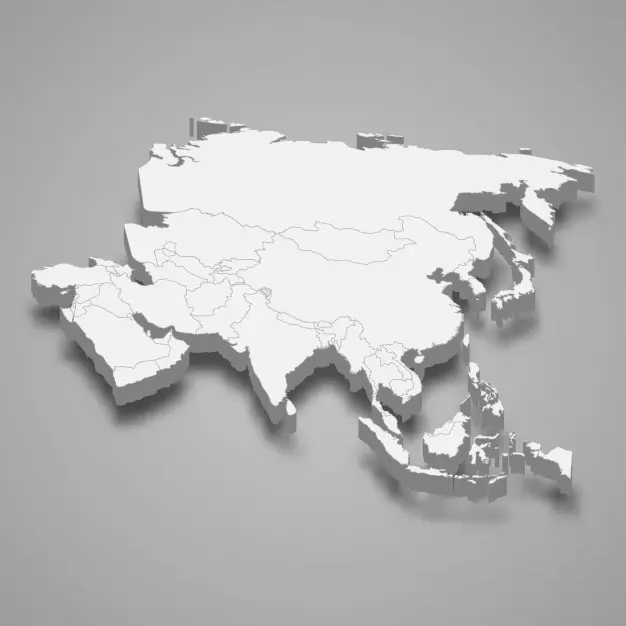
From the need for a translator to the legend of the Tower of Babel, linguistic differences between countries have remained significant throughout human history. But where do these linguistic differences come from? This article therefore discusses the linguistic origins of the world’s major languages.
Languages of Indo-European origin
The origins of the Indo-European languages lie, as the name suggests, in the Near East, more precisely in the North Caucasus, in the region of the Volga (hence the term “Caucasian”, which was used to describe Europeans for a long time). With the various migrations and the exchange of goods, this language family then spread eastwards and westwards. There was first Ancient Greek and Anatolian (a language spoken in ancient Turkey), then it gave birth to several languages of Asia Minor (Persian, Sanskrit of India …), Eastern Europe (Russian, Polish …) and the West (Romanes).
The origins of the Anglo-Saxon languages
Germanic developed from Indo-Germanic in northern Central Europe around 500 BC. Since about 300 AD: Differentiation of Germanic into three language groups: North Germanic, East Germanic, West Germanic. North Germanic: the Scandinavian languages; East Germanic: Gothic (now extinct); West Germanic: the language from which German, Dutch, Frisian and English developed.
The origin of the English language has to do with French. It was when William the Conqueror, pretender to the English crown and bastard, went out to reclaim the throne. He had previously sought refuge in Normandy for years. With the help of Norman soldiers, he became Russian after the Battle of Hasting. He then introduced the language that welcomed him during his temporary exile. This language replaced the more archaic English with a mixture of pure English and Norman. Thus, after centuries of development, modern English came into being.

The origins of the Romance languages
The Romance languages are so important because they originate from the most important empire in Europe: the Roman Empire. The Roman Empire dominated all countries from Western Europe to Turkey for centuries. Their influence was so great that many of the languages spoken in Western Europe today were inspired by them. However, French was long divided between the “Langue d’Oïl” of the north and the “Langue d’Oc” of the south. The Italians modified Latin over the ages and city states, and the Spanish were also inspired by Arabic during the multiple Moorish invasions.

The origins of the Slavic languages
The Slavic languages are the result of a cultural difference within European Christianity between East and West. This caused a schism both religious and linguistic with the adoption of the Cyrillic script (of St. Cyril). But if the pure Slavic languages are present in Eastern Europe, Cyrillic in the centre is influenced by the whole of Europe through the borders with the Balkans, which is permeated by Greek culture.

Languages of Sino-Tibetan origin
The languages of Asia came from Tibet and then migrated eastwards, were spoken by the Mongols and then by certain Chinese peoples. Through the various wars of the kingdoms, Mandarin, or traditional Chinese, spread throughout the country. Then, when the Chinese invaded Korea and tried to invade Japan, the Chinese influenced the languages previously spoken in these two countries, resulting in modern Chinese and Japanese throughout history.

Languages with Chamitosemitic origin
This language family has the most complicated history of all and is still the subject of questions and mystery. However, its origins are thought to be in the sea around the Suez Canal (Egypt, Horn of Africa, Saudi Arabia, Levant…). It is also clear that this language is the bridge between two cultures, Central Africa and Sub-Saharan Africa. From the latter, under the influence of Islam, comes Arabic.

It can thus be seen that despite the presence of rare, regional or extinct languages, the majority of languages and the main languages of the mode come from the same common origins in the form of cultural blocks. This is particularly interesting when one knows that language is sometimes the cause of cultural conflict, despite the common linguistic liabilities of two border countries.
